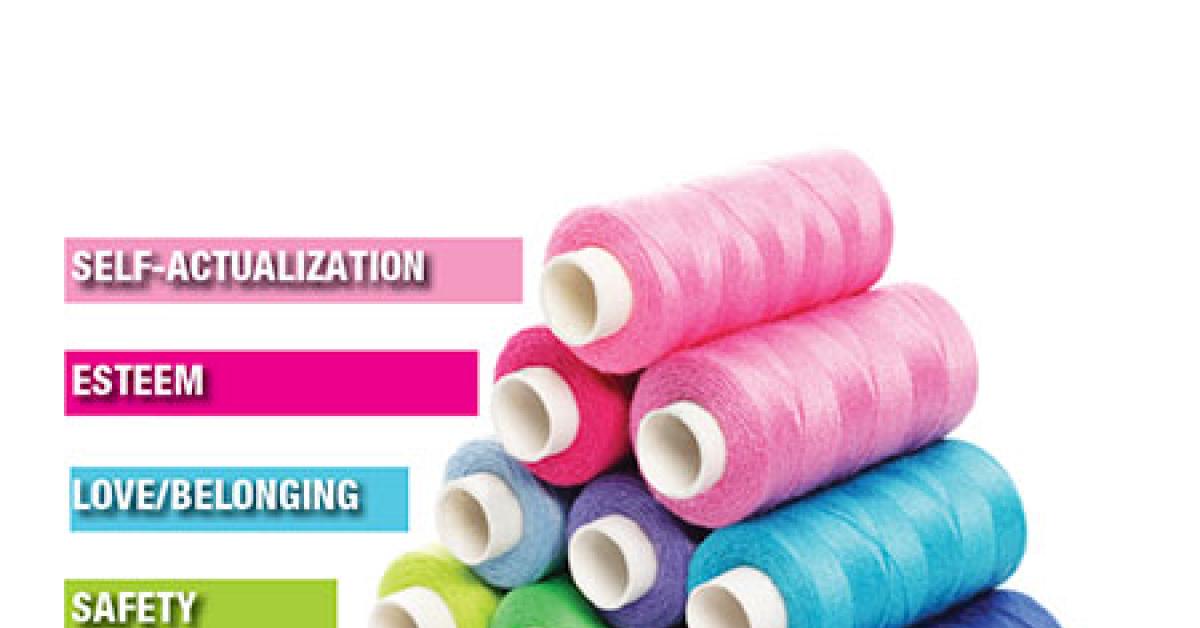SAN FRANCISCO — Self-esteem, confidence, achievement, and respect are powerful motivators in driving clientele to hire you to polish their image.
Have you ever seen a drycleaning ad or website that did not profess to provide “quality” as a primary marketing point? In preparation for writing this article, I actually tried hard to find one that didn’t site quality as their key attribute. Twenty-three (that’s 23!) attempts proved futile.
No matter if the customer ratings were 1 or 5 on a 5-best scale, all claimed to do quality work.
So what’s a professional cleaner to do?
Look at your whole value package from the perspective of your best customers. Why do they keep returning to enjoy the customer experience you provide? Understanding what value means to them is key to retaining them and expanding your base to include more consumers like them.
This profiling step is critical to understanding customer motivation and value and to cultivating customers who are willing and able to pay what your service is worth.
Value is the sum of the entire experience and pricing is only one component of many that comprise value to consumers.
The exact combination of what consumers truly value is functionally and psychologically complicated. Remember your basic psychology class and Maslow’s Hierarchy of Needs?
Editor’s note: The “hierarchy,” developed in 1943 by American psychologist Abraham Maslow, is usually depicted as a pyramid-shaped model showing the five “tiers” of human needs (starting at the bottom and moving upward): Psychological (breathing, food, water); Safety (security, health); Love/Belonging (family, friendship, sexual intimacy); Esteem (self-esteem, confidence, respect); and, finally, Self-actualization (morality, creativity).
Also, the Harvard Business Review (HBR) describes a slightly different hierarchy beginning with “Functional” at the base, then moving upward to “Emotional,” “Life Changing,” and “Social” at the pinnacle, as explained in The Elements of Value by Eric Almquist, John Senior, Nicolas Bloch, published September 2016. The article is available online at HBR.
Regardless of the titles applied, your service appeals to each of these levels to some degree. Choose your own specific advantages (from the many below or from alternative lists) and promote them in a relatable way that will appeal to your target customer:
Convenience — Contains components of delivery timing, location, hours of access, drop-offs, speed of service, in-car access, in-home/work access, breadth of product and service offerings, and proximity to other frequented businesses.
All of these are functional appeals that make life easier, once the customer has determined they have a need for your service.
Environment — Takes in ambiance, visual appeal, emotional appeal, staff appearance, friendliness and knowledge, store layout, graphics, displays, number, look and value of media messages, and provides emotional attraction.
All of your media should reflect the design theme and sophistication level of your niche.
Quality — This changes with the target market and is tied closely to the Esteem level of a customer's confidence and self-respect (see pyramid graphic) and can even reach Self-Actualization shown in your customer's creativity and style.
These are psychological points that allow fine and couture cleaners to prosper alongside mass market, one-price and discount establishments, all of which can have healthy, profitable businesses.
The personalities and existing customer testimonials associated with your business are highly valuable at this level and are much more believable than what you say about your own quality.
Quality results from the combination of front-of-house (store and route) experience and back-of-house (plant) skills, systems and logistics.
Safety — Is reinforced by your history, awards and longevity. You can be trusted to maintain their family’s wardrobe and protect their resources.
Customer testimonials and ratings are valuable here as well. In-car service can also speak to safety, since there is no need to bring a child, pet or other dependent into the store.
HIGH ON HIERARCHY
All levels of the hierarchy pyramid are significant, but the apex and the base are extremely powerful. The adage that “sex sells” is based in science as it is a reflex to basic survival instinct.
The dominant appeal for our service is at the very high level of esteem on Maslow’s chart. Confidence, achievement, self-esteem and respect are forceful traits in clientele who want to look their best.
As you list your own distinctive advantages, assign each one to the psychological level described to achieve the most powerful motivational message possible.
Remember, consistency in customer experience and quality from both front and back of house, importantly supporting each other, is critical in these customer messages.
And count on emotions speaking louder than facts.
To read Part 1, go HERE.
Have a question or comment? E-mail our editor Dave Davis at [email protected].


